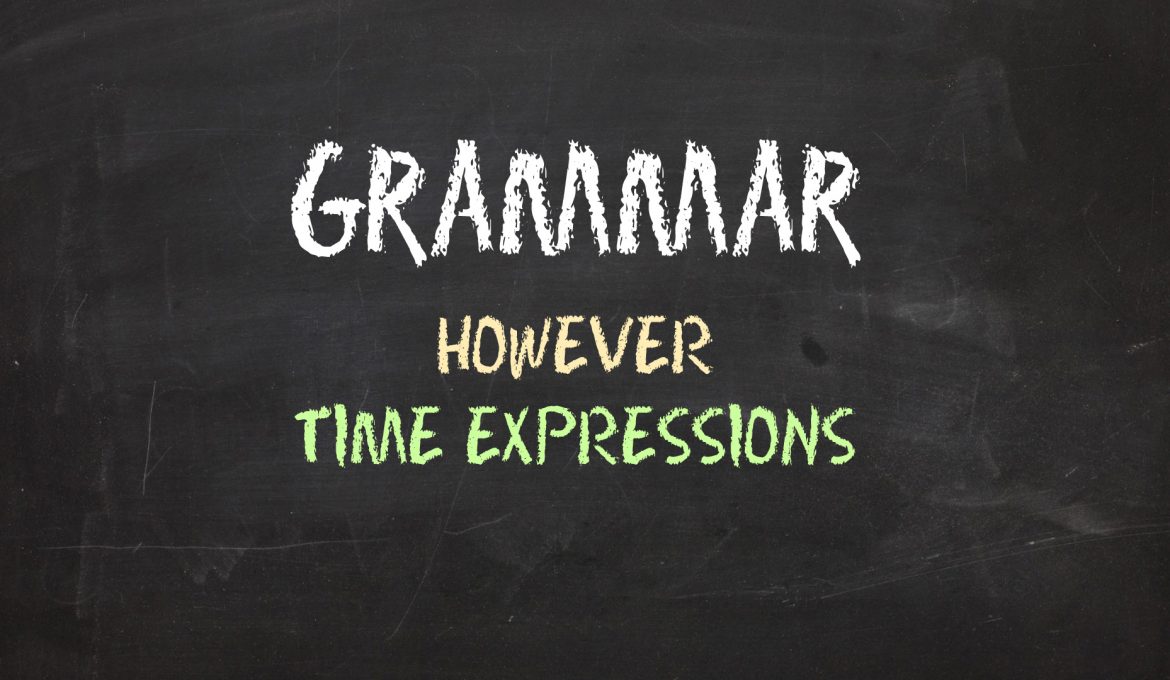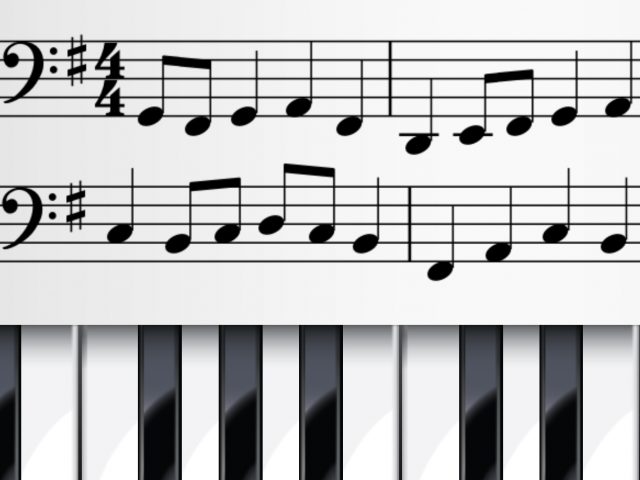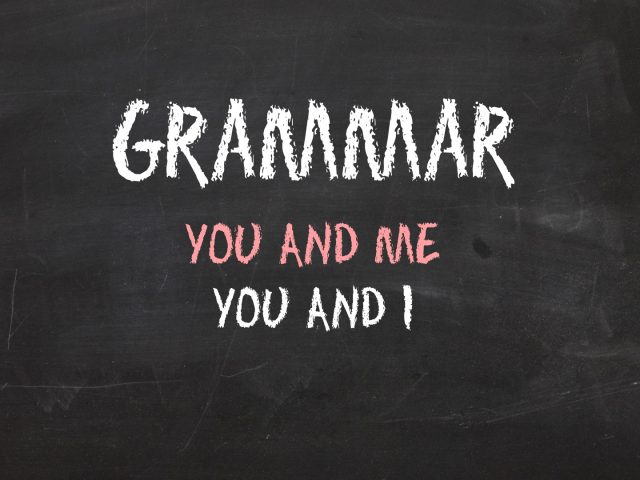We were doing some transcribing and editing work and we notice two things that seems to confuse: the punctuation to use before the word, ‘however’; and where the apostrophe goes in a sentence like, “…in a week’s time”. Often, we see a comma used before the word, ‘however’, where a semi-colon should have been used; and we see people write “…in a week’s time” in three different ways, so we want to clear this up for anyone doing some proofreading and editing work and need to know what’s correct.
HOWEVER – COMMA OR SEMI-COLON?
A sentence like this was written:
The comma (inside square brackets and in red in the above example) was used to punctuate before the word, ‘however’; however, with this particular sentence, the comma doesn’t give a clear indication to which part of the sentence the word, ‘however’, belongs to and it is confusing to how the sentence is meant to be read. With the comma in that sentence, there are two ways someone can read the sentence:
2. “You can help. However, the meeting time is in two hours’ time.”
So, depending on which part the ‘however’ belongs to, the meaning of the sentence changes. The ‘however’ is meant to belong to the second part of the sentence; and so, to stop the confusion, a semi-colon should be inserted:
That looks better, easier to read and there is no confusion to how you should read the sentence. A period can also be used and completely disconnect the two parts of the sentence into two sentences. After all, that sentence is, in actual fact, two sentences that relate to each other—
2. The meeting time is in two hours’ time.
And the full sentence using a period would then, of course, be written like so:
“Coming to help clean up is a nice gesture, however.”
“However, coming to help clean up is a nice gesture.”
The comma before ‘however’ is correct. Notice that no matter where the ‘however’ goes (in the beginning, middle or the end) the meaning of the sentence is the same? That’s because the sentence is one sentence and the ‘however’ is part of that one sentence, so the use of the comma is fine.
APOSTROPHE IN TIME EXPRESSIONS
b) “You will hear from us in four week’s time.”
c) “You will hear from us in four weeks time.”
We were checking up on some details on some documents when we noticed how people write a sentence like the above in three different ways. The word, ‘weeks’, is the site of confusion; and the confusion is where the apostrophe goes—weeks’, week’s or weeks? The correct option is a). More sentences of this type:
“I have three years’ experience.”
“I have a year’s food supply.”
“I will see you in a month’s time.”
(Note: ‘a year’, ‘a month’ is singular, so the apostrophe goes before the ‘s’!!)
Something we found helpful in determining whether there should be an apostrophe or not is inputting the word, ‘of’ in the sentence. If the word, ‘of’ can go into the sentence and make sense, then the apostrophe should be there. For example, “three years of experience”.
These punctuation marks are minute in a document and would not stick out like a spelling error, but these are errors. Hopefully, this post has been helpful to any of you who may have proofreading or editing projects and need to know what is correct on these two matters. So, we hope this post has helped you correctly punctuate such sentences. : o) : o)
ADVERTISEMENT





